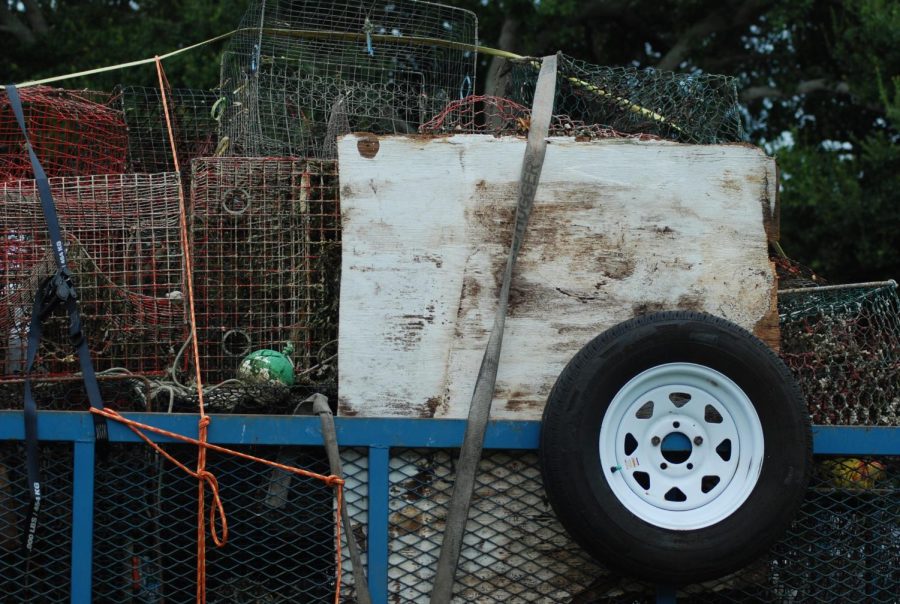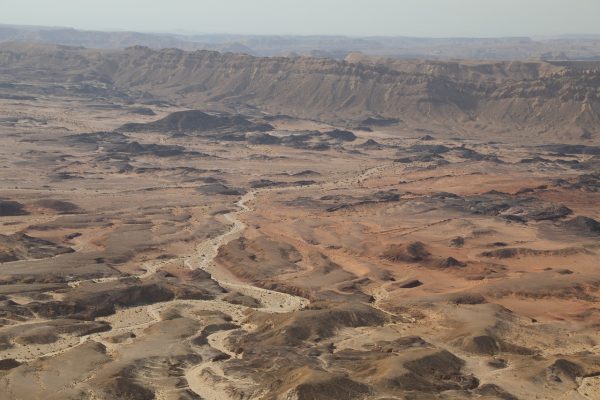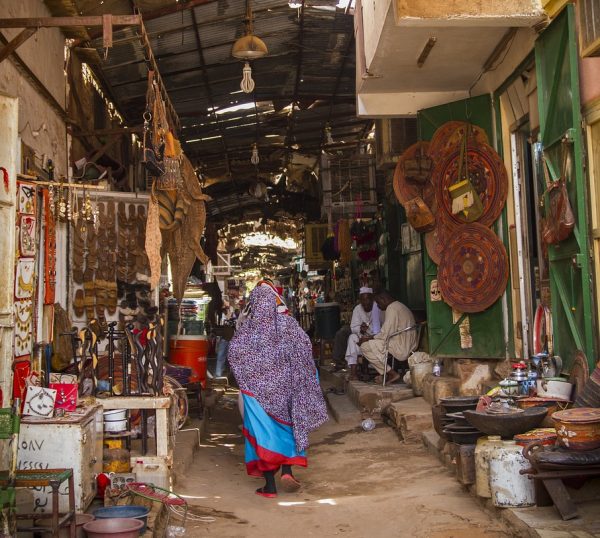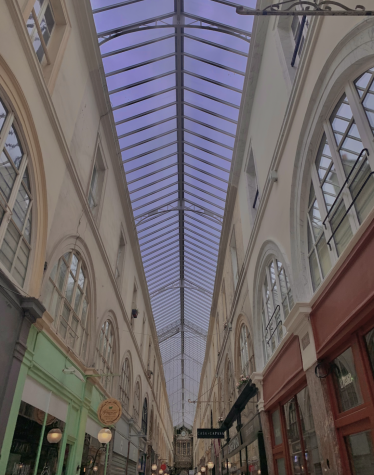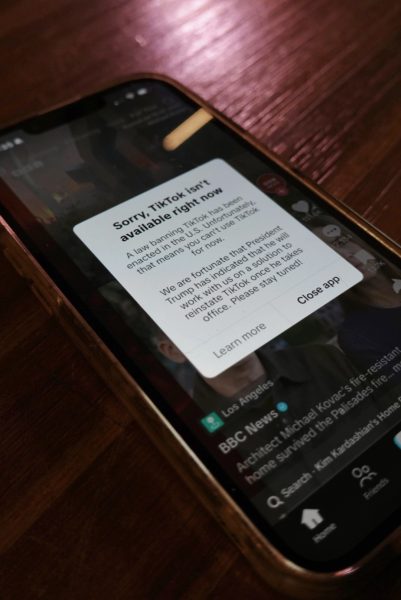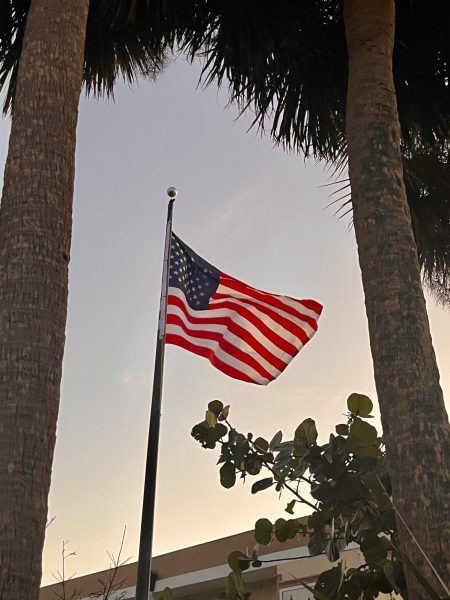Why Does the World Suck Right Now?
“When war does not happen, when a coup is quietly averted, when Kenya has 7.5% GDP growth, and when anti-pollution regulations are expanded, nobody hears about it.”
If you could plot something as vague as “goodness” on a chart, how would you think the chart has trended over time? Have things gotten better or worse?
Clearly far too broad of a question to have a concrete answer. However, I would be willing to guess the general response is that the world is getting worse. Wars are flaring back up in Ukraine, Ethiopia, and the Caucuses, killing tens of thousands this year alone. Environmental degradation is destroying the scraps of natural beauty we have left, and climate change appears more than willing to kill us all. The democracies of the world seem less and less democratic, torn apart by vicious division and rises in extremism and hate, while autocracies spread their influence and cement their rule across the world. No words even have to be said about COVID and the failure of the international community to contain it. Every year, things seem to get worse and worse.
They are not.
Our World In Data interviewed 26,000 people from across the world on this very question. They were asked questions about global development, such as whether extreme poverty has risen or fallen (it has dropped from 63% to 9%) or whether child mortality has increased or decreased (44% to 5%). The individuals were then asked whether the next 15 years will be better or worse. The results demonstrated a clear trend: those experts who answered more questions correctly were significantly more optimistic about the state and future of the world. Across the world, pessimism, especially in richer countries, is widespread – only 3% of French and Australians thought the world was improving. However, the closer you got to the global south, where progress was being made, the more optimistic and more correct people became.
In the West, we are fed the most extreme examples of everything and often the most negative ones. We are continually reminded of earthquakes, floods, war, strife, and pain in our newspapers, and reasonably so. But rage and fear sell. And so we hear so much less about the good news, especially the boring good news. When war does not happen, when a coup is quietly averted, when Kenya has 7.5% GDP growth, and when anti-pollution regulations are expanded, nobody hears about it. And that makes sense – it’s boring, but that doesn’t mean it’s not important. The eradication of smallpox was perhaps the greatest thing humanity has ever done, with more lives saved than WW2 cost the world three times over. On the day the eradication was announced, it got a short blurb on page 7 of the New York Times. The largest climate bill in history was passed by the EU in 2009, investing billions into clean energy and reducing emissions across the continent by an expected 30-40%, and you’ve never heard of it. Of course, you’ve never heard of it because it doesn’t exist – that bill was passed in the United States 7 months ago. The largest climate bill in history and most news is focused on a balloon.
I’m not saying that there’s nothing to worry about. War is on the downtrend but certainly not eradicated. Child mortality has fallen to 5%, but that’s still horrifyingly high. We’re making far more progress than you hear about on climate change, and we’re not all going to die, but that doesn’t mean we’re not going to struggle with where it takes us for centuries. Things are better than they seem, but that’s not an excuse not to make things better. Rather, it’s an excuse to believe they can.
In the anthem of our generation, All Star by Smash Mouth, it is said that “Judging by the hole in the satellite picture / the ice we skate is getting pretty thin,” This was, of course, a reference to the Ozone Hole Crisis, a terrifying environmental situation that in many ways mirrors our situation today. The use of chemicals called CFCs was tearing apart the Ozone layer. Humanity called a timeout, made a group huddle, and halted the use of CFCs. We had a problem, and we solved it. We can just do that.


